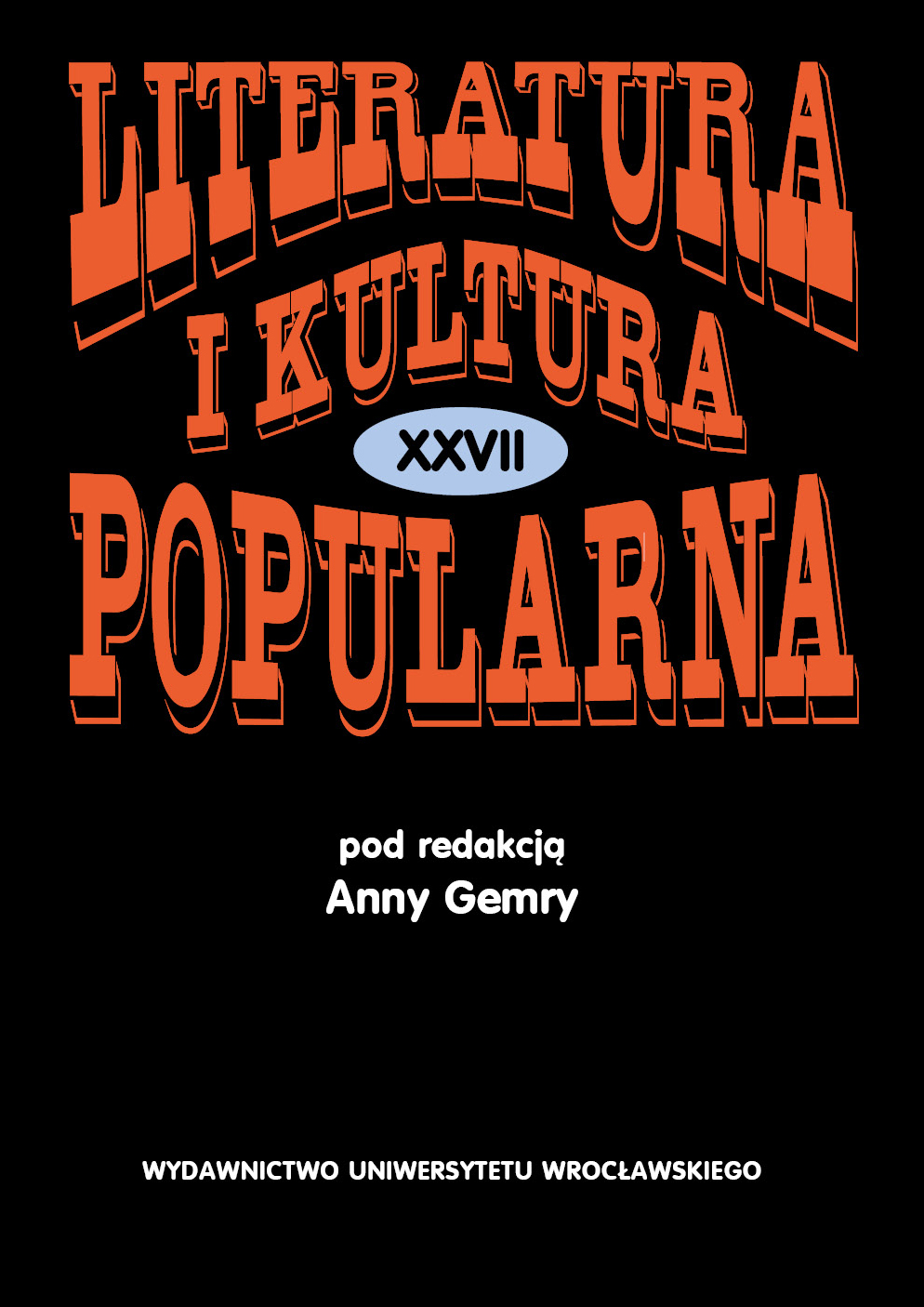„Jutro należy do kotów”. Problemy (eco) science fiction w powieści Bernarda Werbera
Tomorrow the Cats: (Eco) Science Fiction Problems in Bernard Werber’s Novel
Author(s): Adriana DziemitkoSubject(s): Language and Literature Studies, Sociology of Literature
Published by: Wydawnictwo Uniwersytetu Wrocławskiego
Keywords: science fiction; eco-science fiction; Bernard Werber; cat; posthumanism; specism
Summary/Abstract: Why tomorrow should not belong to humans, but to another species? Science fiction seems to answer this question with alarmingly accurate arguments. SF texts often seem like prophecies that predict the future. We most willingly accept visions in which man is the author of innovative technologies as well as cultural and economic progress. What if this development is not ascribed to the human race, but for example: to monkeys or cats? The classic repertoire of science fiction heroes, apart from humans, includes robots, cyborgs, androids or newcomers from another planet (aliens). Their humanoid character — anthropomorphic features of appearance, behavior, development of the species in the form of created (or mid creation) civilization and culture — is designed to break the anthropocentric view of man. The function of the Other in science fiction can, however, be taken over by a creature much closer and longer known to man than a newcomer from a foreign planet or a creature of highly developed technology — an animal. The essay is an attempt to analyze Bernard Werber’s novel Tomorrow the cats from the perspective of general science fiction and ecofiction issues. At the same time, the issue of species chauvinism and the ways in which it manifests itself in literature are discussed.
Journal: Literatura i Kultura Popularna
- Issue Year: 27/2021
- Issue No: 1
- Page Range: 261-273
- Page Count: 13
- Language: Polish

